But there are still many tests and hurdles before SpaceX’s test launch in April 2019.
Category: space travel – Page 447

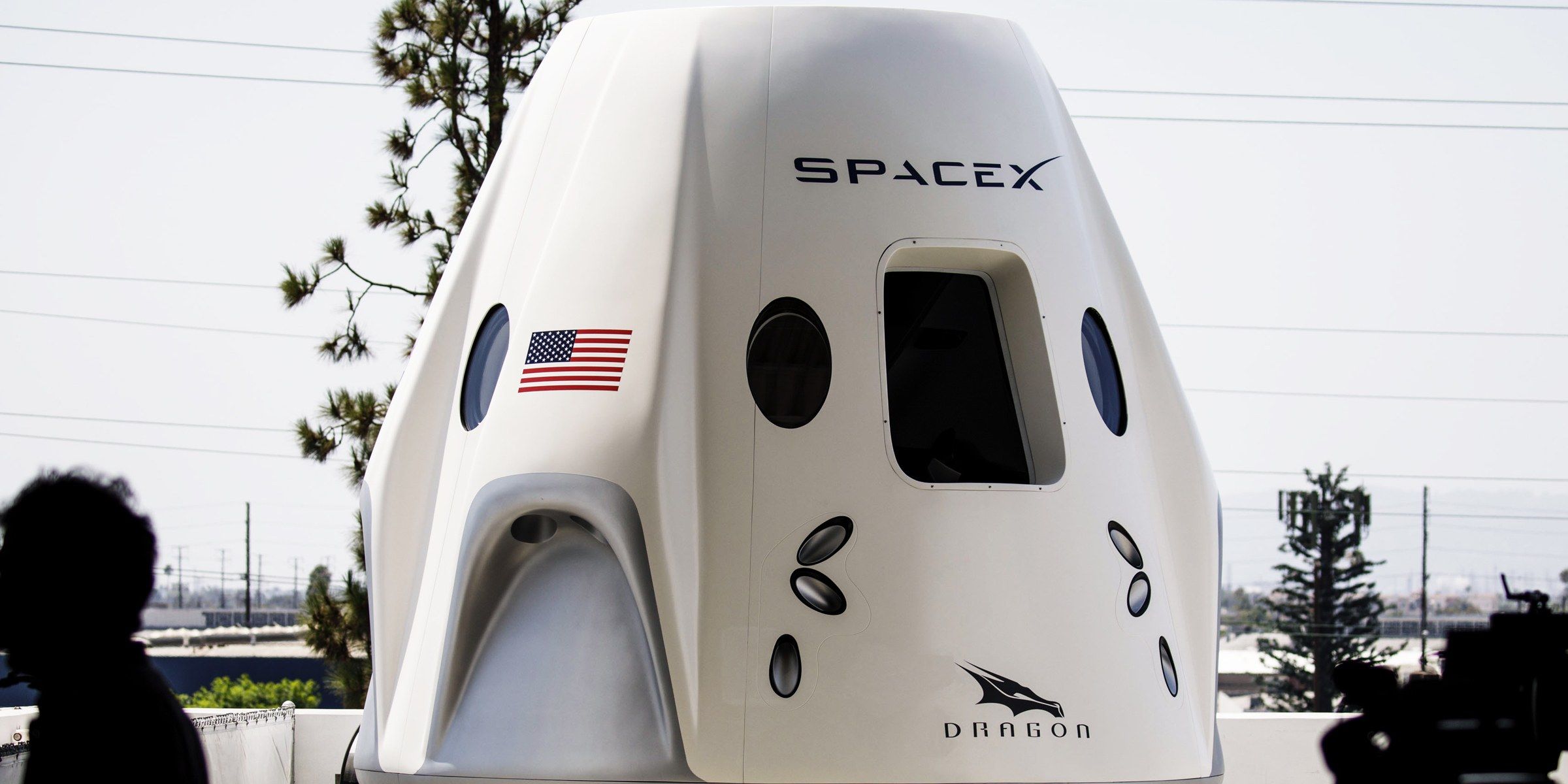
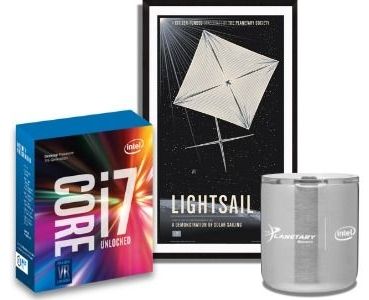
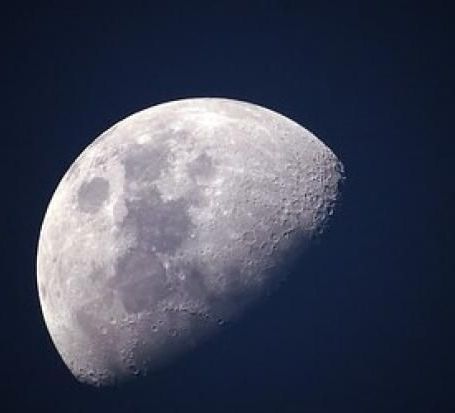
India’s quest to find a trillion-dollar nuclear fuel on the Moon
“The countries which have the capacity to bring that source from the moon to Earth will dictate the process,” said K Sivan, chairman of the Indian Space Research Organisation (ISRO). “I don’t want to be just a part of them, I want to lead them.”
The mission would solidify India’s place among the fleet of explorers racing to the moon, Mars and beyond for scientific, commercial or military gains. The governments of the US, China, India, Japan and Russia are competing with startups and billionaires Elon Musk, Jeff Bezos and Richard Branson to launch satellites, robotic landers, astronauts and tourists into the cosmos.
The rover landing is one step in an envisioned series for ISRO that includes putting a space station in orbit and, potentially, an Indian crew on the moon. The government has yet to set a timeframe.
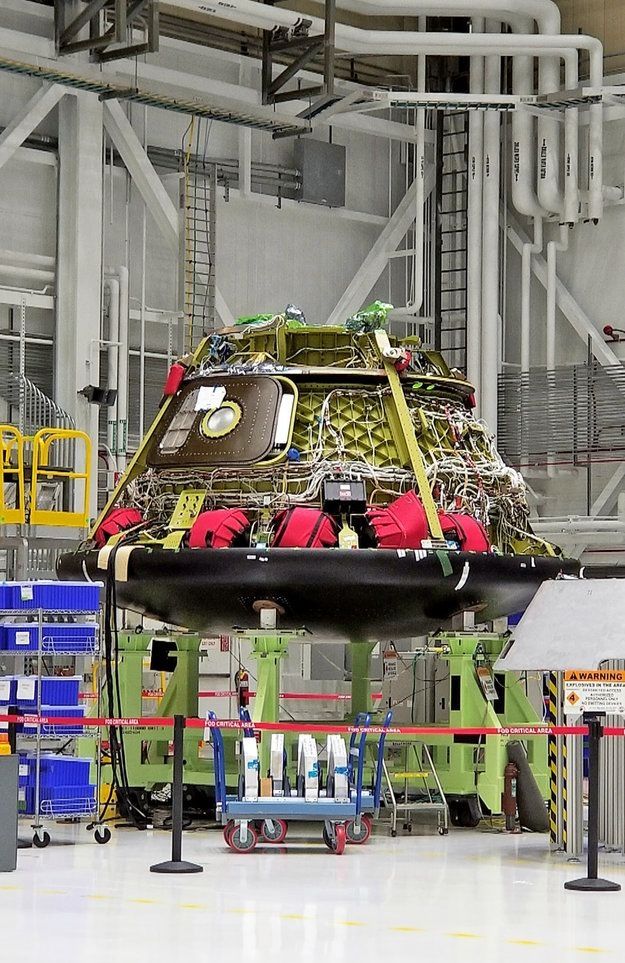
Interstellar Technologies Suffers a Setback
This rocket launch by a private Japanese company did not end well. (via Seeker)

Hitting the pause button on life
🐸 The wood frog, Rana sylvatica, is one of many animals to master the art of a reversible, coma-like state known as metabolic depression. Metabolically depressed animals use tiny amounts of energy, sometimes so little that scientists can’t tell if they have any metabolism at all. Somehow, these animals press the pause button on life, outlasting hard times in demanding environments. Could humans ever learn to imitate death like these animals? Workers from fields as diverse as medicine to space exploration are itching to know the answer… 🤔♾😴.
If other members of the animal kingdom can shut down their bodies over winter, then why can’t we?
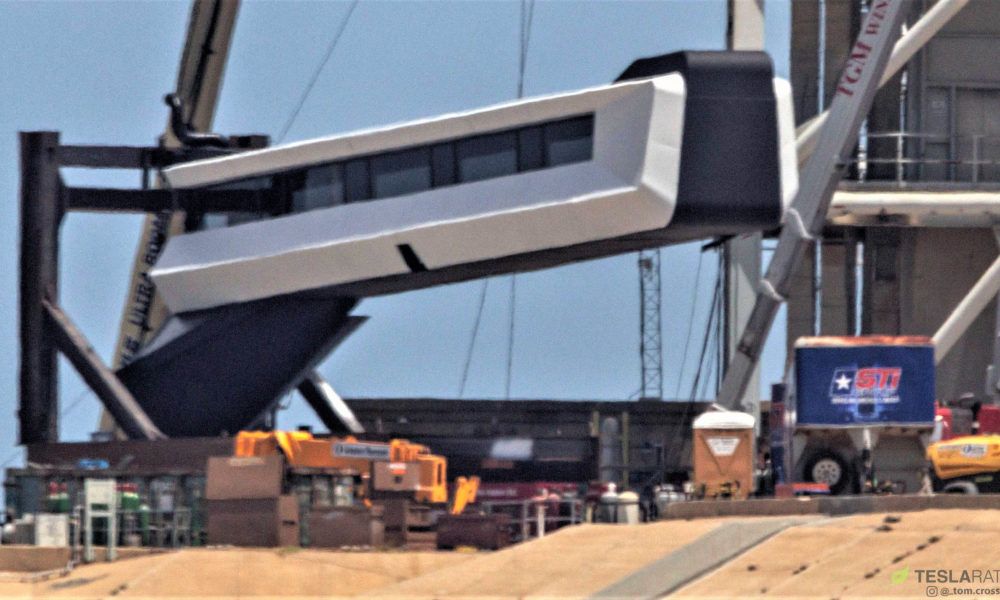
SpaceX’s futuristic Crew Dragon astronaut walkway is ready for US human spaceflight revival
SpaceX has publicly revealed the sleek, minimalist design of the access arm that NASA astronauts will soon use to board Crew Dragon spacecraft, bringing to an end more than half a decade of U.S. dependency upon non-native rockets and space agencies to transport crew to the International Space Station.
After several months of concerted effort in a tent located on Pad 39A property, SpaceX engineers, welders, and technicians have nearly completed the most critical portion of the launch facility modifications and upgrades necessary to return the pad’s human spaceflight capabilities. Known as a Crew Access Arm (CAA), SpaceX will likely complete installation of the Arm by the end of August, wrapping up what is by far the most visible step yet towards returning astronauts to the ISS on American rockets and spacecraft.

Study to Help Develop Vibrant Future Commercial Space Economy
Last week, NASA announced the awardees for an ongoing effort to foster commercial activity in space. This effort allows 13 companies to study the future of commercial human spaceflight in low-Earth orbit, including long-term opportunities for the International Space Station.
I’m pleased to share that NanoRacks is one of these awardees.
This study is not only a big step for NanoRacks, but a big step for the commercial space ecosystem. Today, we are the largest commercial user of the International Space Station and are proud of the impact we’ve made to help foster this ecosystem and bring customers from all over the world into to orbit. This study will allow us to take our vision to the next step and detail the viability for habitable and automated platforms for low-Earth orbit.